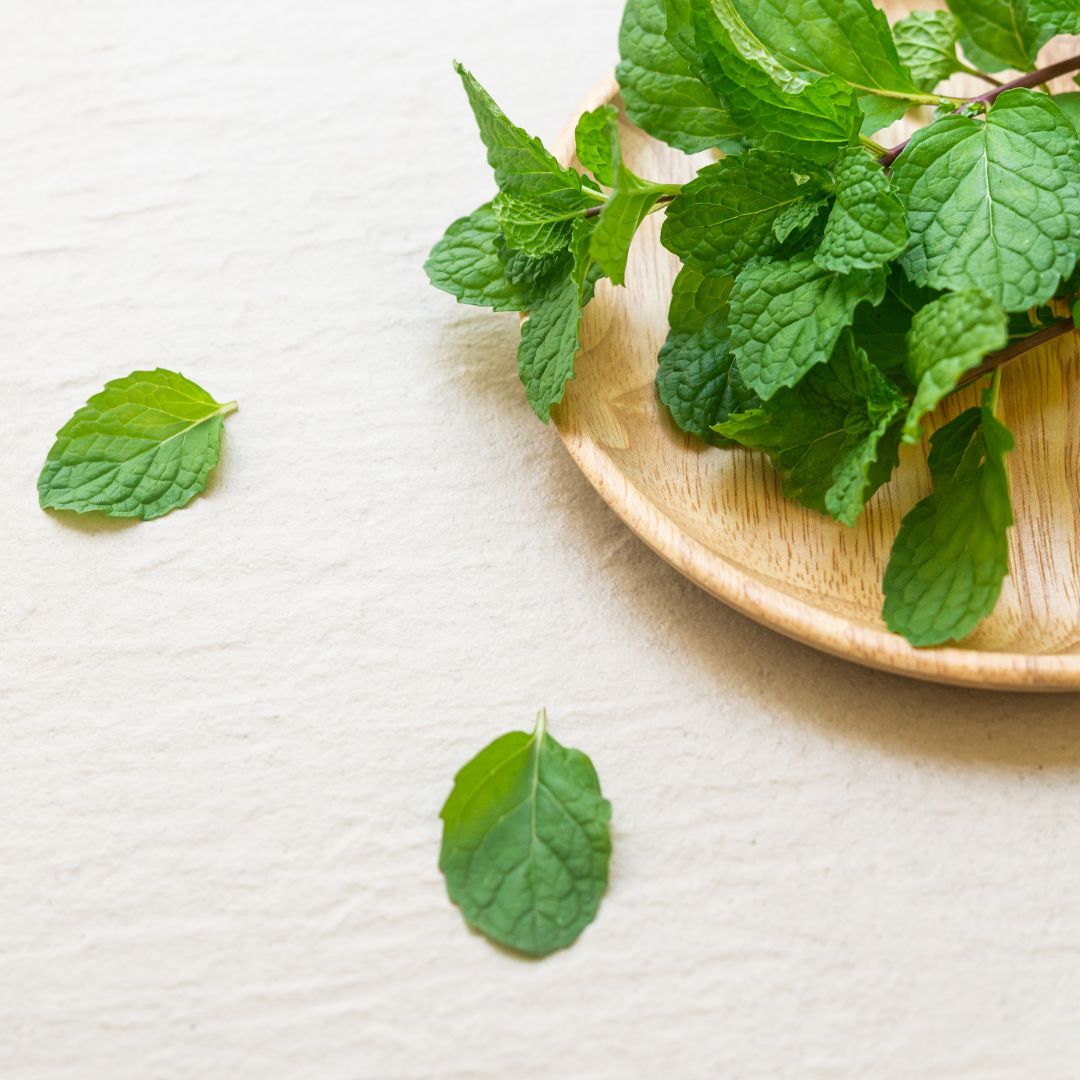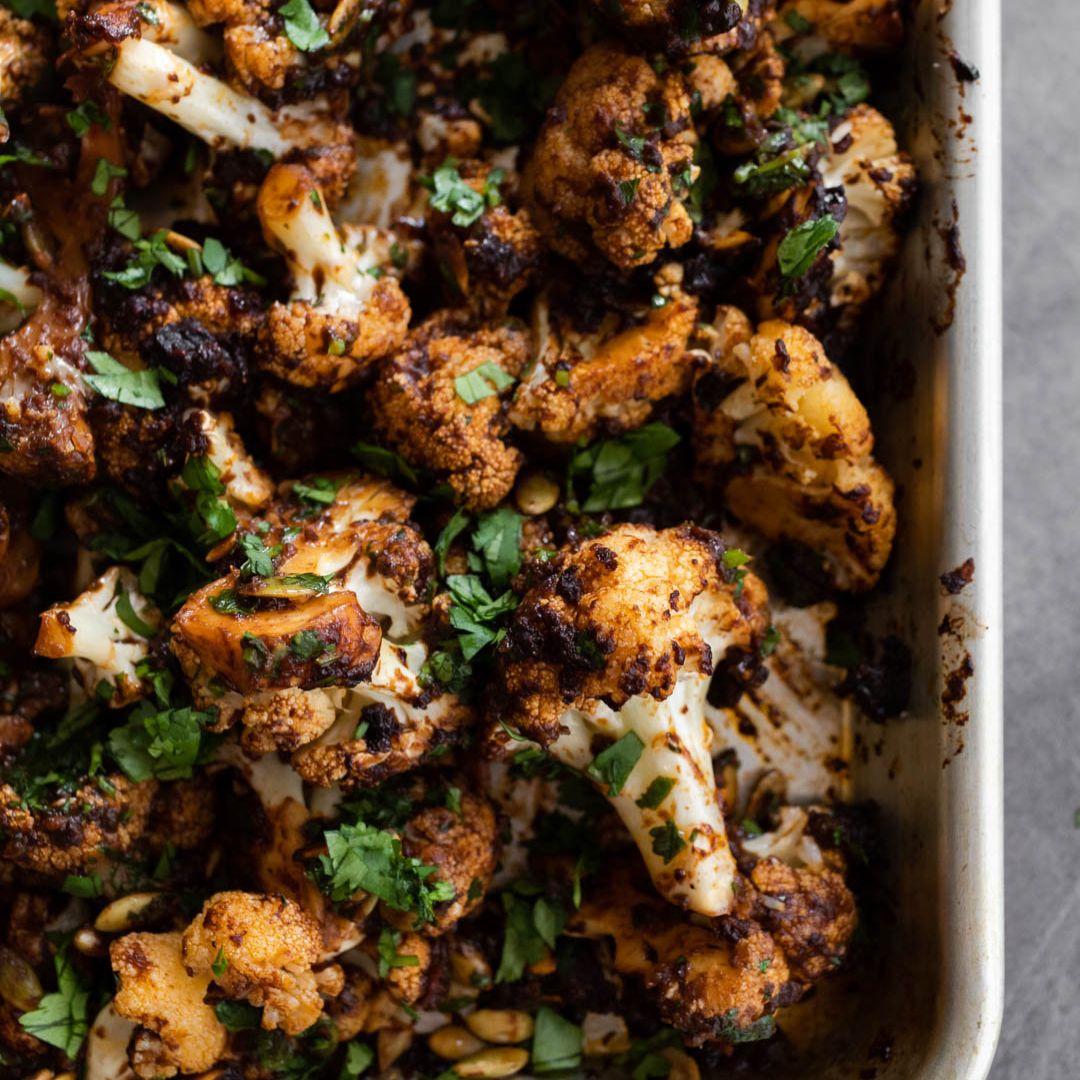
Low-bloat foods for your microbiome
Bloating is one of the most common symptoms reported in people with digestive problems, and is often dismissed due to its recurring nature. We spoke to our Kurami nutritionist to discuss some of the low-bloat foods that you can incorporate into your diet.
Lemon - Due its high acidity, lemons resemble acidic gastric juices, thus contributing to digestion. Also, lemons are a natural diuretic and when added to warm water, a natural, light laxative. All these factors help to speed up digestion, moving food down the digestive tract.
Ginger - Ginger’s anti-inflammatory properties also help alleviate bloating by relaxing the intestines. It contains a digestive enzyme, zingibain, which helps to break down proteins and aid digestion.
Peppermint - peppermint extract is known to have antispasmodic effects, reducing stomach cramps, bloating and flatulence. It relaxes intestinal muscles, allowing more effective digestion. Peppermint tea can help milder symptoms, while peppermint oil capsules can be helpful with more severe bloating.
High-potassium foods - Potassium helps to balance out sodium, which increases water retention. Therefore, less sodium, more potassium results in reduced bloating. Bananas, avocados, dried apricots and potatoes are great examples of high-potassium foods. While eating one piece of these foods may not do wonders, including potassium-containing foods regularly in your diet can alleviate bloating.
Lightly-processed foods - Highly processed foods often contain high amounts of salt, which contributes to water retention and bloating as a result. This does not mean that you should avoid salt altogether. Simply, choose more home-cooked meals whenever possible, this way having control over how much salt is added to your food.
Non-sweetened foods - Foods containing sweeteners are a common cause of bloating and gassiness. Limit low-calorie diet foods, chewing gum, zero sugar beverages. Remember that it is all about amount, frequency and individual case scenario. For most people, a drizzle of honey or a few dates to sweeten a meal or a smoothie does no harm, while helping to prevent bloating and discomfort.
Our meal paths have been created using heroic ingredients that are science-backed to support your gut microbiome, with a particular focus on plant variety and blood sugar balance. Shop our meal paths and fresh-frozen nationwide meals.



